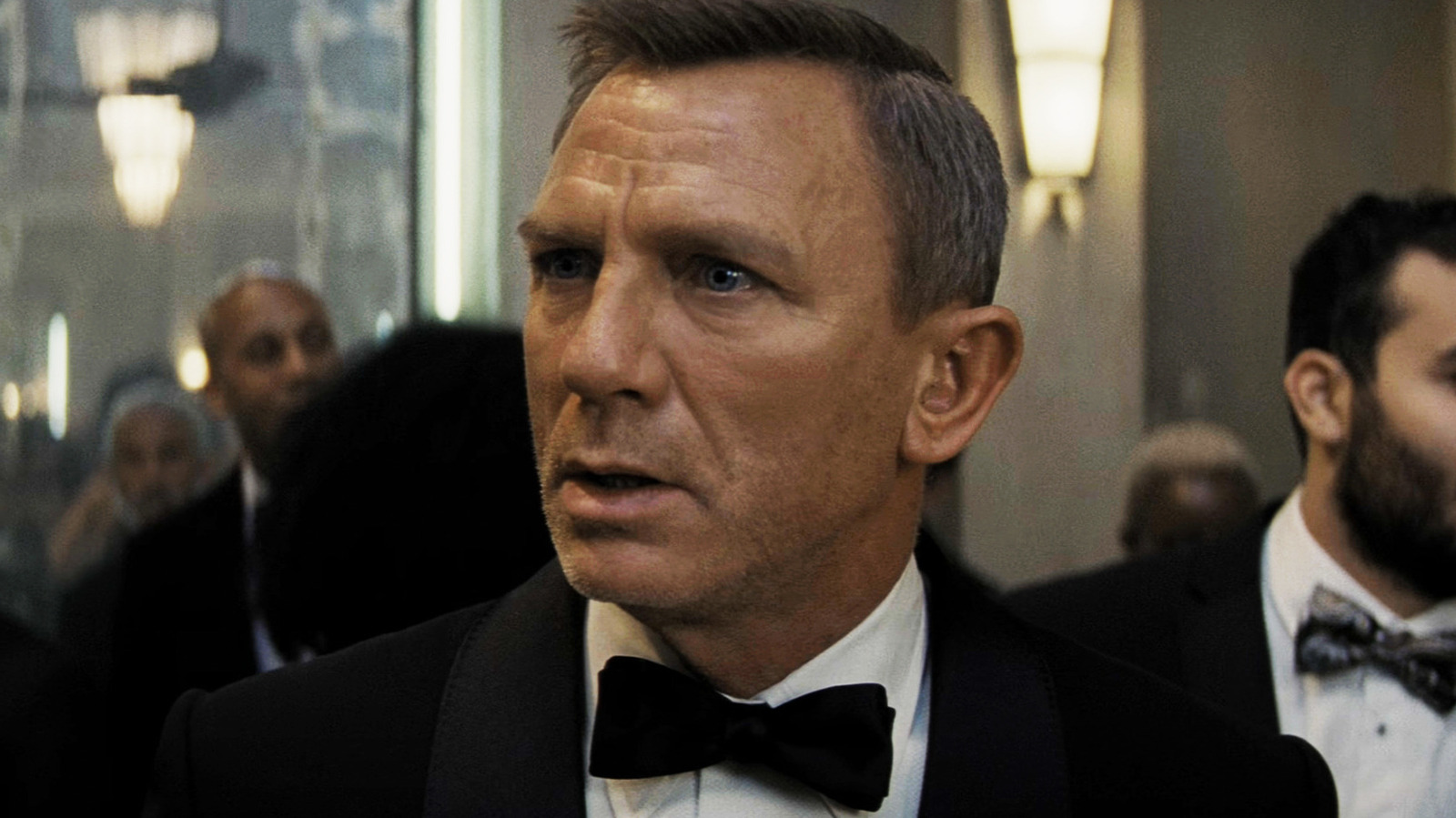
Should you check out the Rotten Tomatoes web page for “No Time to Die,” you will note a strong “licensed contemporary” ranking of 83%. However when you look carefully on the constructive opinions, fairly a couple of of them aren’t precisely glowing. In his in any other case favorable overview, Peter Travers lamented a “sappy ending that surprises in all of the flawed methods.” Writing for the New Yorker, Anthony Lane admitted the film is “typically thrilling” however added that “there’s one thing inward and agonized in regards to the thrills, and the insouciance of Connery’s epoch, for higher or worse, looks as if historic historical past.” Justin Chang’s NPR overview claims that watching Craig is “a poignant pleasure […] even when the film round him is seldom nearly as good as he’s,” whereas in his “Contemporary” Rolling Stone overview, Ok. Austin Collins writes, “As a film, Bond-related or in any other case, it is simply advantageous.”
All of which is to say that whereas “No Time To Die” clearly has its adherents, it was hardly the triumph that Craig deserved for his remaining outing — and judging by the unfavorable takes, a variety of that has to do with the mawkish sentiments of the film, that are in the end crystalized in that remaining, grandiose demise scene at the end of “No Time to Die,” which appeared so at odds with how Craig’s tenure began out. As Richard Brody wrote in his “No Time to Die” overview for the New Yorker, “Craig’s distinctive persona suggests pathos that the sequence would not enable; as a substitute, he is merely used as a Bond-piñata, a straining for a component of realism amid stunts that, of their grandiosity and their extra, preclude it.”
However now we all know Amazon is answerable for Bond shifting ahead, thus bringing an finish to the EON period, maybe that mawkish ending is a bit of simpler to take. If I had been handing a British establishment off to Jeff Bezos and his streaming firm I would blow him to smithereens earlier than I handed over the wreckage, too. Whereas it would not essentially make “No Time to Die” a greater film, the frilly climax is probably a bit of extra becoming contemplating it wraps up not simply Craig’s tenure, however the age of Bond that gave us Sean Connery, George Lazenby, Roger Moore, Timothy Dalton, Pierce Brosnan, and Craig himself. No matter comes subsequent would possibly properly transform higher than anticipated, however it can undoubtedly be a brand new age of Bond.
As such, EON ending their run as emphatically as they did instantly begins to look much less like an egregious transgression towards the very substance of the character, and extra a defiant assertion as Bond heads into a brand new world.

Should you check out the Rotten Tomatoes web page for “No Time to Die,” you will note a strong “licensed contemporary” ranking of 83%. However when you look carefully on the constructive opinions, fairly a couple of of them aren’t precisely glowing. In his in any other case favorable overview, Peter Travers lamented a “sappy ending that surprises in all of the flawed methods.” Writing for the New Yorker, Anthony Lane admitted the film is “typically thrilling” however added that “there’s one thing inward and agonized in regards to the thrills, and the insouciance of Connery’s epoch, for higher or worse, looks as if historic historical past.” Justin Chang’s NPR overview claims that watching Craig is “a poignant pleasure […] even when the film round him is seldom nearly as good as he’s,” whereas in his “Contemporary” Rolling Stone overview, Ok. Austin Collins writes, “As a film, Bond-related or in any other case, it is simply advantageous.”
All of which is to say that whereas “No Time To Die” clearly has its adherents, it was hardly the triumph that Craig deserved for his remaining outing — and judging by the unfavorable takes, a variety of that has to do with the mawkish sentiments of the film, that are in the end crystalized in that remaining, grandiose demise scene at the end of “No Time to Die,” which appeared so at odds with how Craig’s tenure began out. As Richard Brody wrote in his “No Time to Die” overview for the New Yorker, “Craig’s distinctive persona suggests pathos that the sequence would not enable; as a substitute, he is merely used as a Bond-piñata, a straining for a component of realism amid stunts that, of their grandiosity and their extra, preclude it.”
However now we all know Amazon is answerable for Bond shifting ahead, thus bringing an finish to the EON period, maybe that mawkish ending is a bit of simpler to take. If I had been handing a British establishment off to Jeff Bezos and his streaming firm I would blow him to smithereens earlier than I handed over the wreckage, too. Whereas it would not essentially make “No Time to Die” a greater film, the frilly climax is probably a bit of extra becoming contemplating it wraps up not simply Craig’s tenure, however the age of Bond that gave us Sean Connery, George Lazenby, Roger Moore, Timothy Dalton, Pierce Brosnan, and Craig himself. No matter comes subsequent would possibly properly transform higher than anticipated, however it can undoubtedly be a brand new age of Bond.
As such, EON ending their run as emphatically as they did instantly begins to look much less like an egregious transgression towards the very substance of the character, and extra a defiant assertion as Bond heads into a brand new world.


















